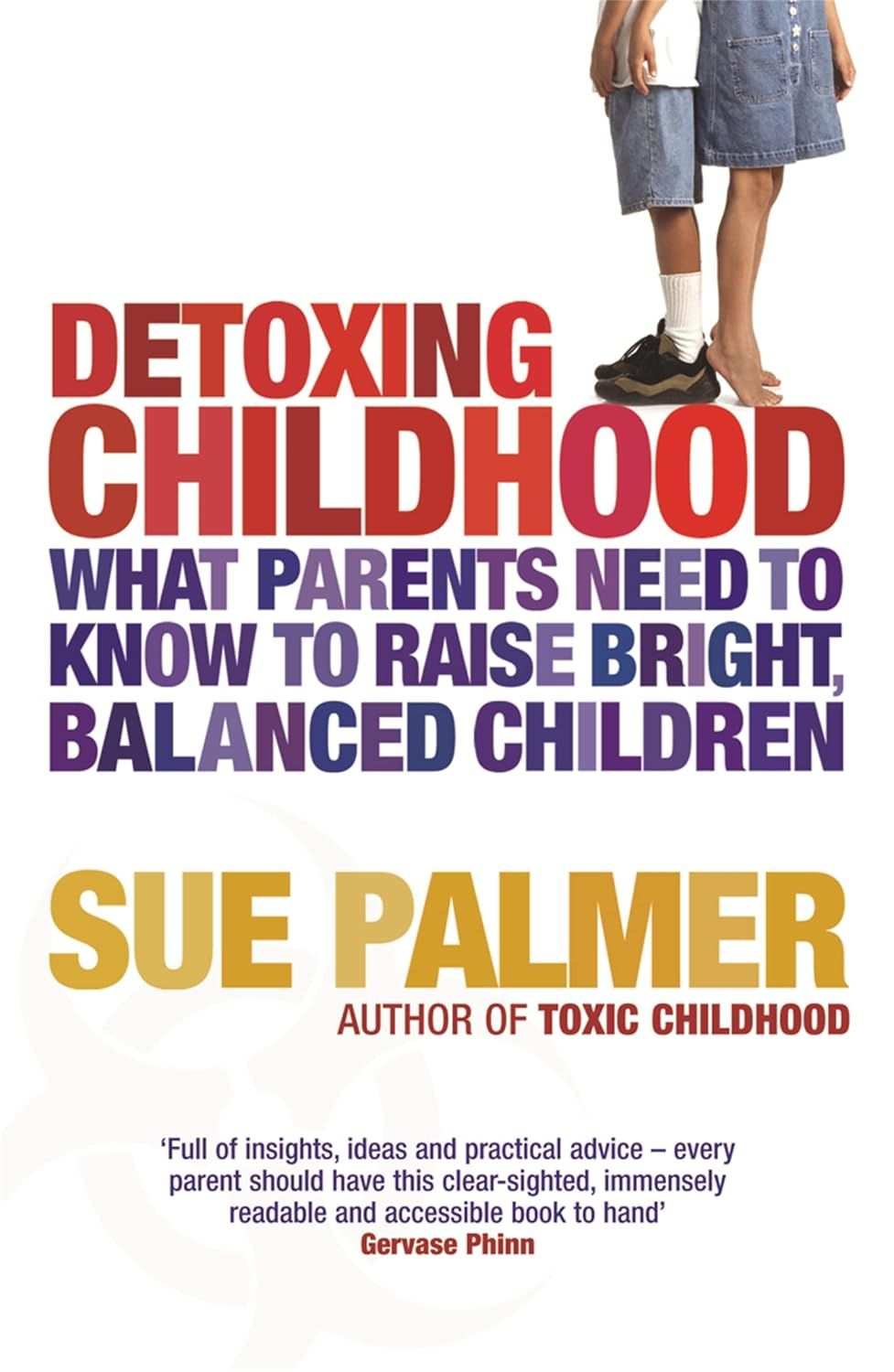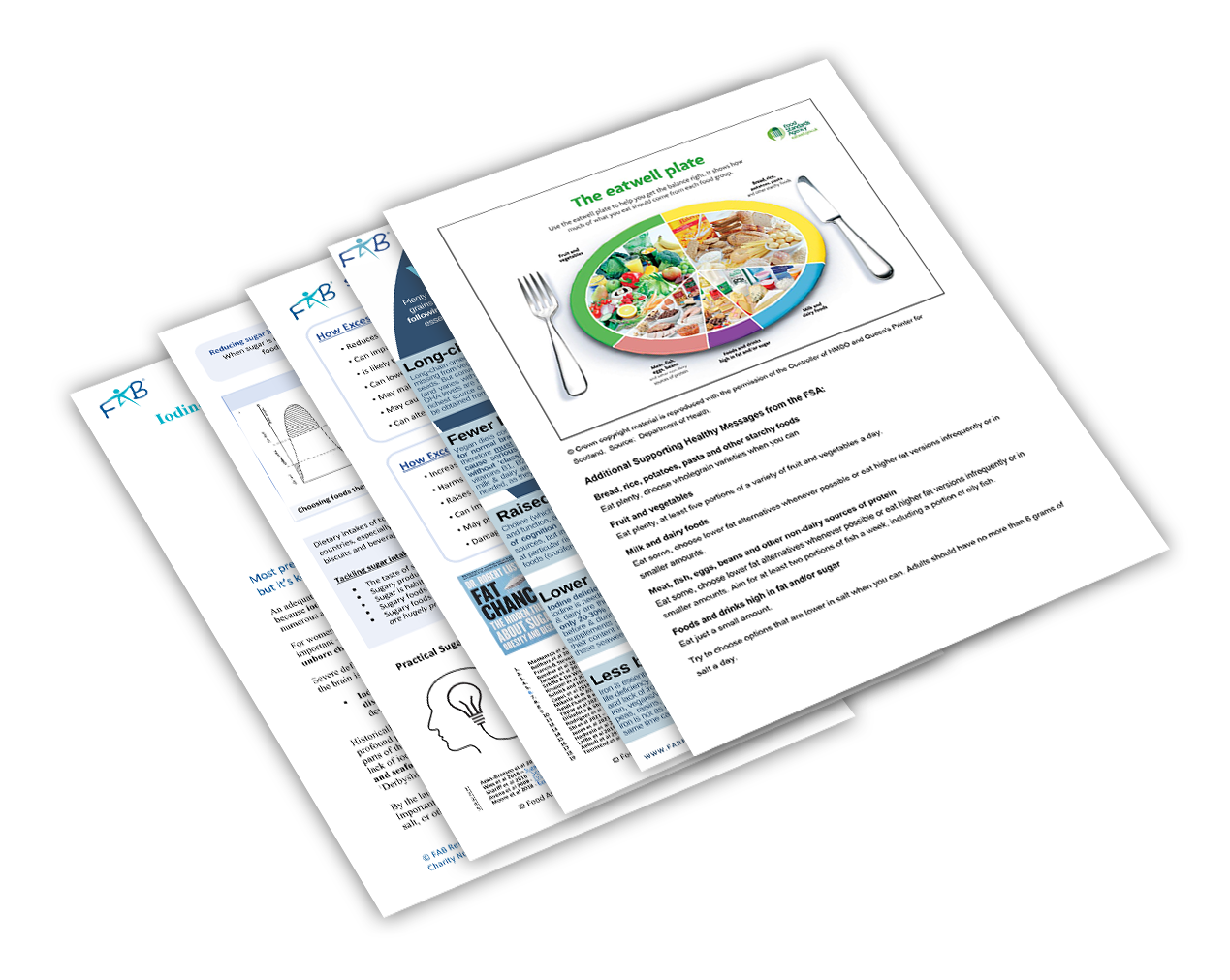Receive exclusive content, promotions, news and events to your mailbox.
Detoxing Childhood: What Parents Need to Know to Raise Bright, Balanced Children

In this important follow-up to her ground-breaking book, 'Toxic Childhood', Sue Palmer provides an essential guide on how to bring up children in a way that avoids the problems of a toxic world
Sue Palmer's previous book,
Toxic Childhood, showed how problems of diet, education, fitness and mental health problems were all inter-related, and created a national debate.
Everyone from educationists and scientists to politicians, religious leaders and authors got involved in the debate. The problems seemed potentially overwhelming.
Now, in this important successor volume, Sue Palmer provides an essential guide on how to bring up children in a way that avoids the problems of a toxic world.
With practical, easy-to-follow advice she explains what children need, in terms of food, play, sleep and talk; what childcare and education will help most; how families can work together for the best, given the hectic pace of 21st century life; and how to turn the electronic village of TV, computers and mobile phones to our advantage.
With so many pressures across so many parts of our lives today, this book is the one-stop solution to all our concerns about raising healthy, happy children in the modern world.
About the Author
Sue Palmer is a writer, broadcaster and consultant on the education of young children. She has been a specialist in literacy (and well-known to primary teachers through her in-service courses and articles and columns in the TES and Child Education) since the mid 1980s. In the last five years has become more widely known as the author of trade titles such as 'Toxic Childhood' and '21st Century Boys' (both published by Orion).
Get the latest insights in nutrition and brain health


Food and Behaviour Research is a registered charity (No SC034604) and a company limited by guarantee (Co No SC 253448)
what we do
Important Notice:
Medical opinion and guidance should always be sought for any symptoms that might possibly reflect a known or suspected disease, disorder or medical condition. Information provided on this website (or by FAB Research via any other means) does not in any way constitute advice on the treatment of any medical condition formally diagnosed or otherwise.
All Rights Reserved | Food and Behaviour Research | Privacy Policy | Terms of Use | Accessibility